Dr. Larry Dunn gives insight into the three most effective ways to process conflict

People all around the world face different kinds of conflict everyday, completely unprepared. Learning about the rewards of peaceful resolution can better prepare communities to face conflict with confidence and maturity. Teenagers are among the most unprepared to correctly resolve conflict. With the least experience and highest emotional influence, teenagers often respond before properly thinking through the problem.
Dr. Larry Dunn, published author and professor of peacemaking at Fresno Pacific University, shares about where his interest in his profession began. He gives insight into his journey to becoming an educator of conflict resolution.
“My interest in peacemaking really began when I was studying at FPU,” Dr. Dunn said. “They are affiliated with The Mennonite Brethren Church which is historically considered a peace church. They have this tradition and theology of emphasizing peace as Jesus taught about it and can be found in the Bible. After FPU I went on to receive my masters in Theology at Fullers Seminary and earned my Ph.D in Social Science at Syracuse University.”
His teaching spans over several varieties of conflict resolution from interpersonal to international. He also deals with resolving conflict within the local community. When the Fresno Teachers Association came close to striking because they wanted change within their district, Dr. Dunn and his colleague became involved.
“We helped them broker an agreement that made it possible for them to avoid doing a strike,” Dunn said. “We train our students to deal with personal, community and public conflicts as well as conflicts that come out of the justice system.”
Conflict is often apart of our everyday lives. Dr. Dunn tells how the presumptions people often have about conflict can negatively alter the ability to come to a solution. First people need to change their attitude toward conflict and see the potential good that can come of it.
“Although, yes, conflict can be dangerous and painful it can provide us with opportunities that without conflict can’t come about,” Dunn said. “Conflict provides opportunities to grow, learn, strengthen relationships and communities and address and right of the wrongs of our society.”
In the following podcast, Annaleise Anderson talks to Dr. Larry Dunn about peacemaking and conflict.
The coursework Dunn teaches discusses three different ways of approaching conflict. The first step of conflict management addresses an individual’s personal response when facing conflict. The second is conflict resolution because no one wants unending conflict. It can affect the way we interact with others and our surrounding relationships. The last step, conflict transformation, describes the conflict, atmospheres where it arises and how to face it.
Often the problem for teenagers is not the conflict itself but their unwillingness to face it head on. When teens experience conflict instead of talking to the person, they often talk about them with others. This spreads gossip about the issue. They are really looking for affirmation that they were right rather than trying to achieve a real genuine solution. It is usually better to talk to the person we actually have the conflict with instead of avoiding them.
Dr. Dunn, currently on teaching sabbatical, continues to work with the Fresno Teachers Association. He studies how culture and identities are some of the more difficult conflicts we experience as a society. He discovered how the conflicts people face mold who they are as a person and how people deal with conflicts they don’t agree with on a deeper level.
David Tuck, ‘22, gives insight into how he has learned to deal with conflict. Through his church, family, and influential teachers, Tuck has found ways to come to God when facing conflict instead of relying on himself.
“Conflict is a heart issue, and as 2 Timothy 2:14 reminds us quarreling over words does no good, and only ruins the hearers,” Tuck said. “My parents, my church and especially my 7th grade teacher have taught me to think critically and be discerning rather than gullible.”
Great job Linda Hoff and Larry Dunn in their work in helping to avoid a teacher’s strike for Fresno Unified… https://t.co/KUQsHNWfzx
— Fresno Pacific Univ. (@fpu) January 18, 2018
Tuck goes on to share how even with this knowledge and goal to strive for logical thinking rather than hang on to emotional responses, he continues to struggle with conflict. Tuck finds the biggest problem is his inner conflict rather than with others.
“This year I have struggled with being thankful in all circumstances as 1 Thessalonians 5:18 commands us to,” Tuck said. “I often looked for things I could criticize and find excuses to complain. I deeply regret the way I handled my inward conflict, which was in bitterness. Seeking a change in heart rather than change of circumstance would lead to joy in obedience.”

College freshman Emily Wood talks about her experience and the most effective ways she has learned to find resolution. She shares her own personal story of an ongoing conflict in her life.
“When I’m faced with conflict I really like to go to God first and then my mom,” Wood said. “Because of her years of experience she always gives great advice on how to deal with issues. The hardest part for me is holding on to my anger and being closed off to forgiveness for long periods of time, however, this usually causes a lot more harm than good. Everyday I’m having to ask God to give me patience with my younger siblings, to talk it out with them instead of just yelling. Conflict is always a hard part of life but I’ve found that I’m a lot stronger once I overcome something.”
Just like Tuck, teens around the world find the biggest conflict is the one within themselves. It is much harder to handle conflict with others when you do not have a handle on yourself first. Understanding and dealing with conflict is all a part of growing up and growing wiser.
Dr. Dunn works alongside several people that share the same profession at Fresno Pacific, including Sheri Wiedenhoefer, director of Center for Peacemaking and Conflict Studies. For more information on Peacemaking and Conflict Studies, Wiedenhoefer can be reached by email.
For more articles read Baseball begins practicing for spring season and Lin Brown continues service in FC library.


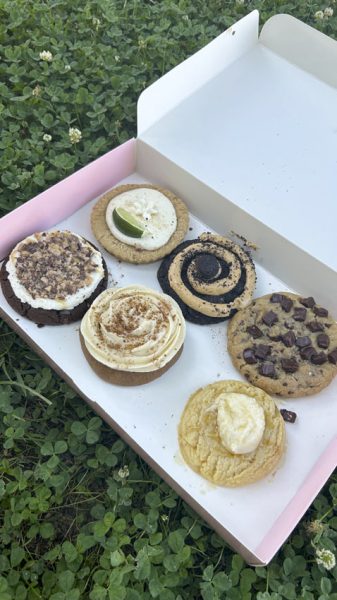
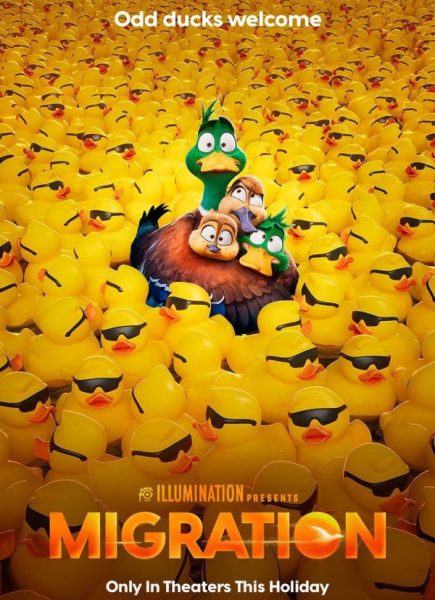
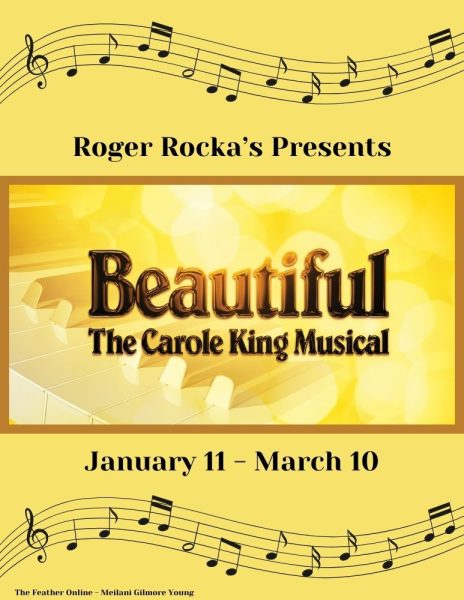
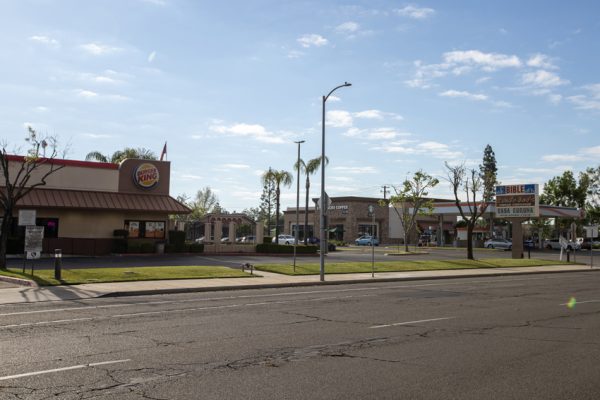

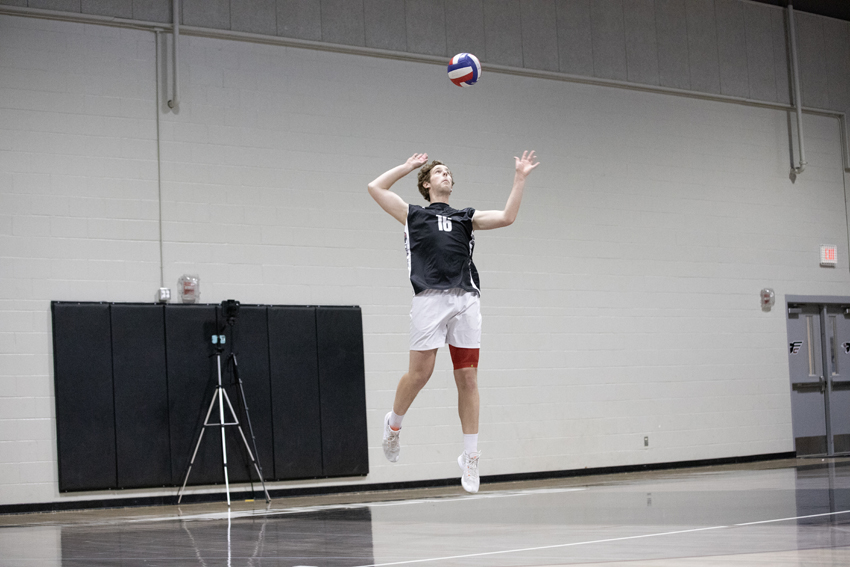
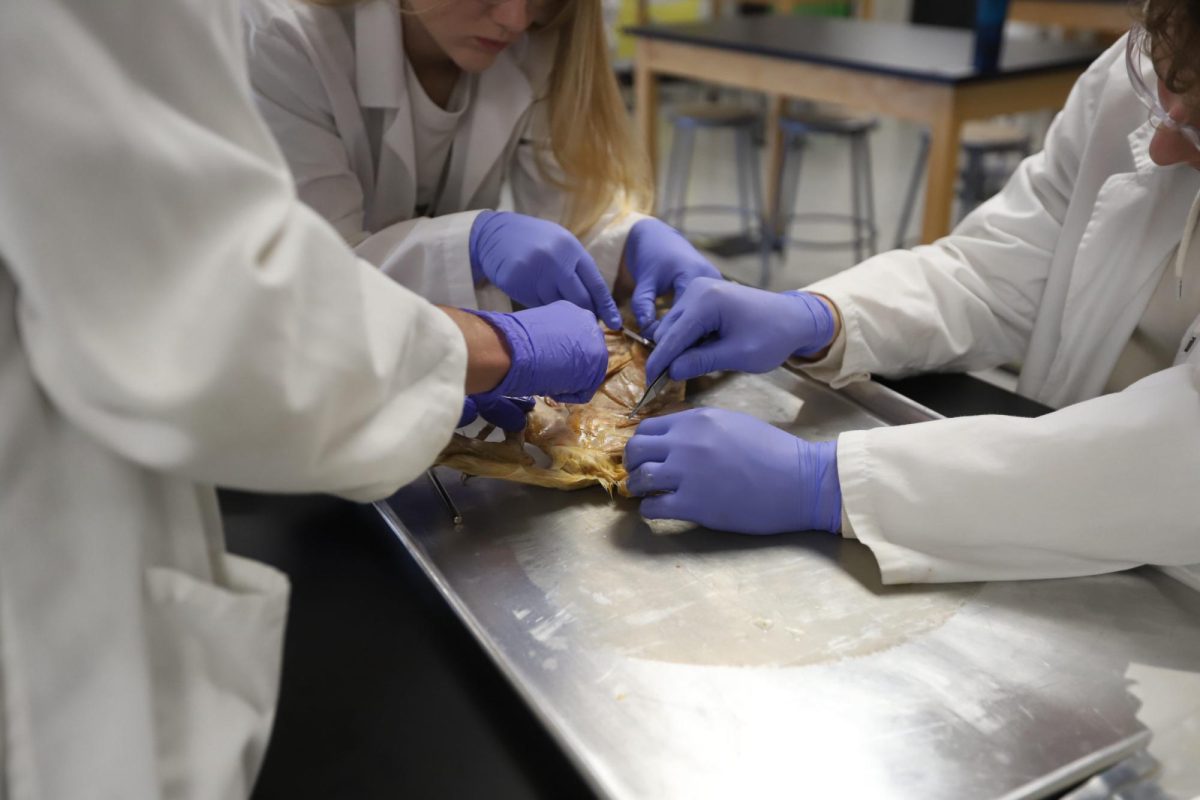
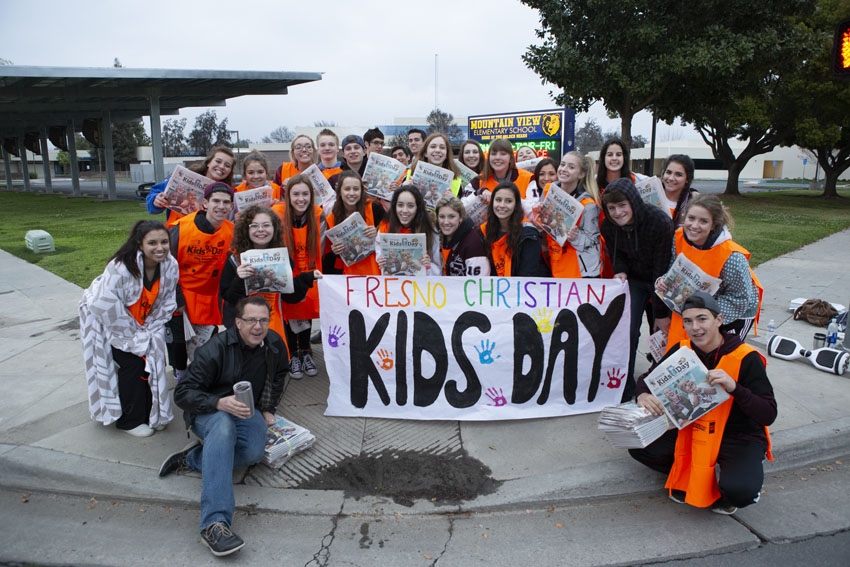
![[Video] 100th CSPA Spring Journalism Conference](https://thefeather.com/wp-content/uploads/2024/04/20240308-cspa-crown-002.jpg)
![[Video] New York Day 4](https://thefeather.com/wp-content/uploads/2024/04/NY-trip-day-4-JC-.jpg)


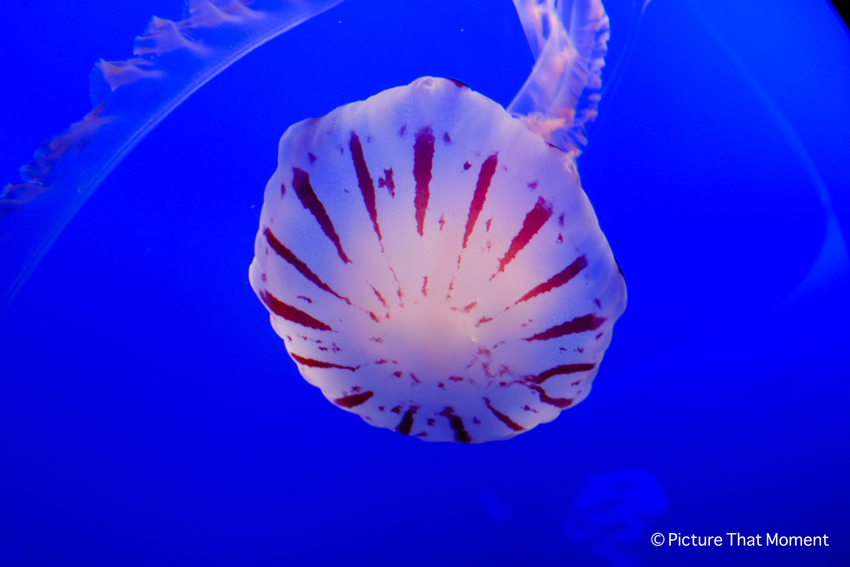
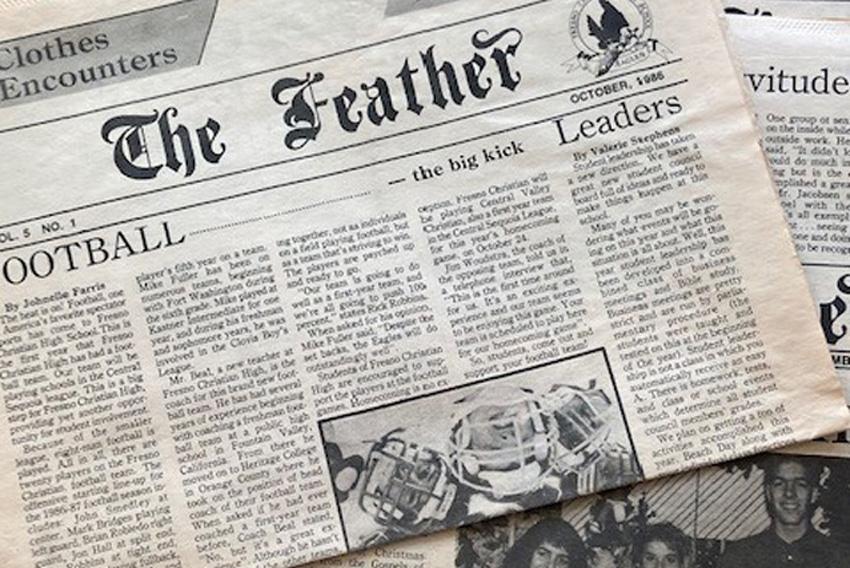
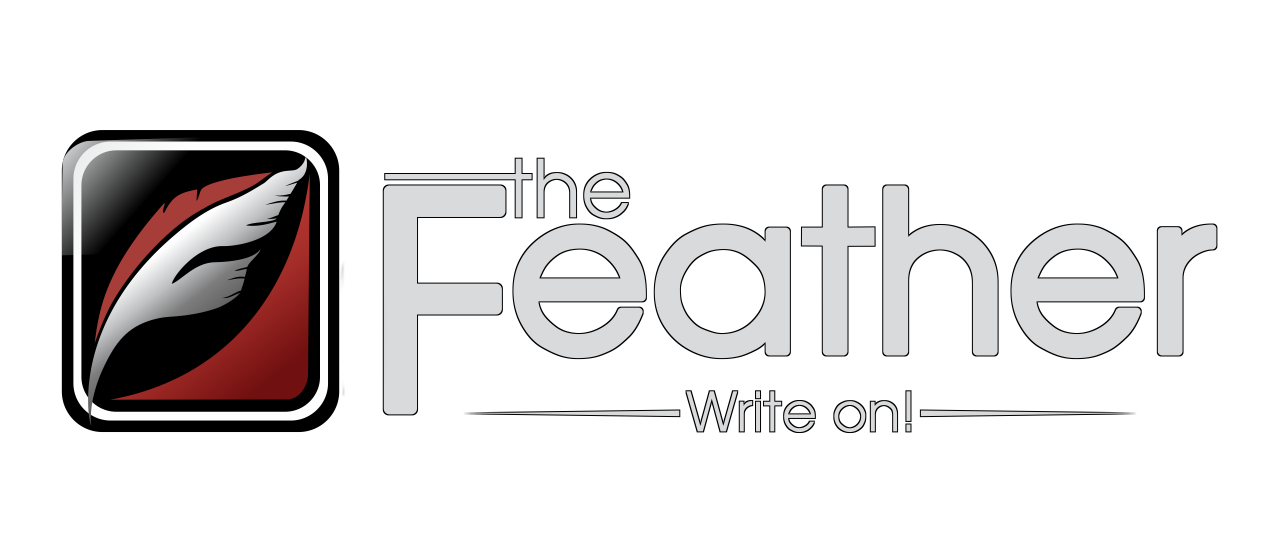
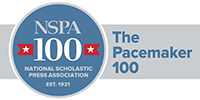
natalie a nichols • Feb 8, 2019 at 8:24 am
Great article Annaleise! It’s true that teens struggle with conflict and I think this is an important message that should be shared.